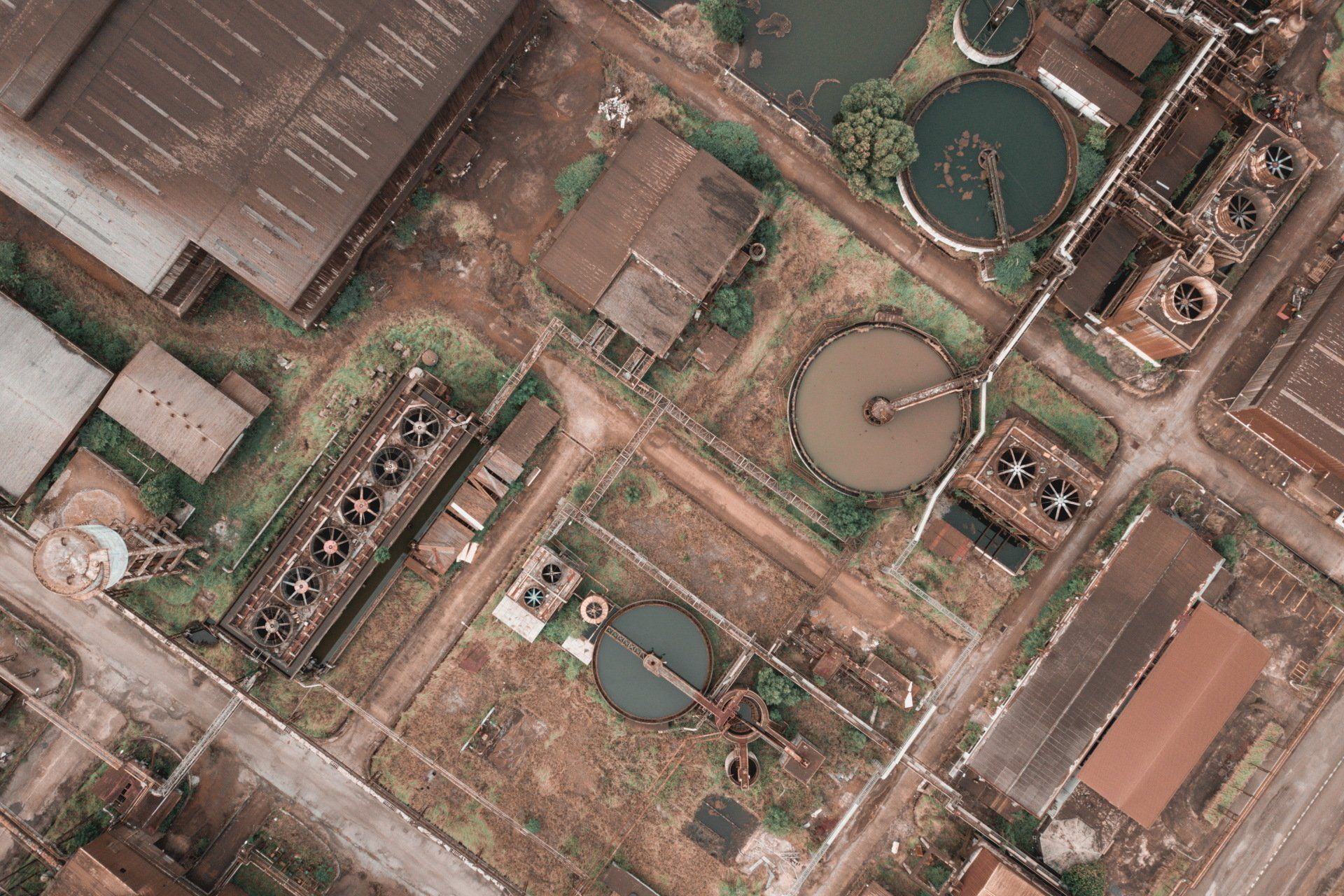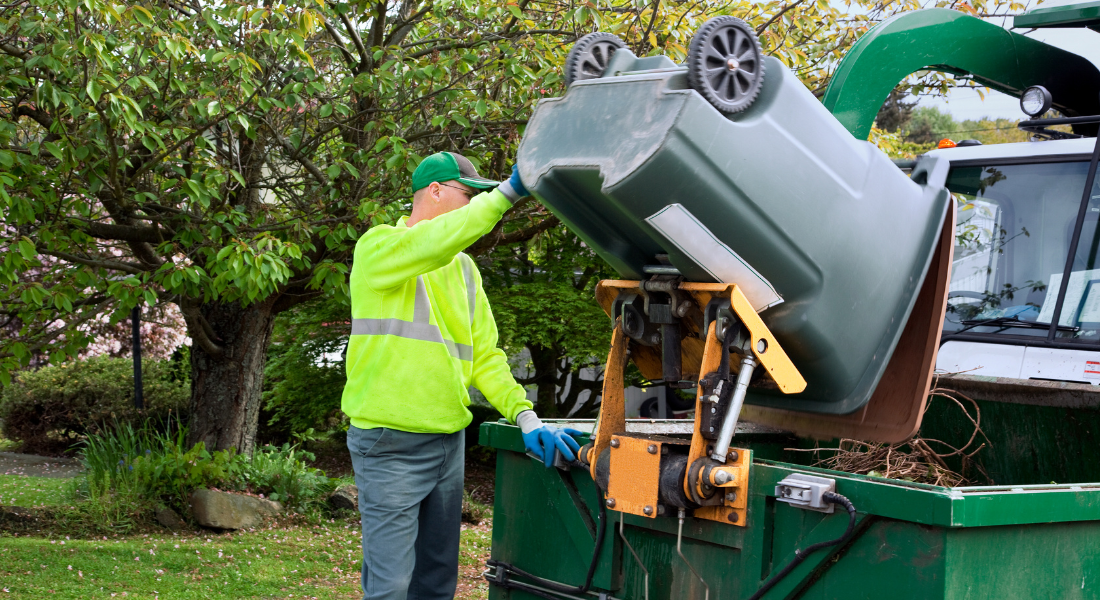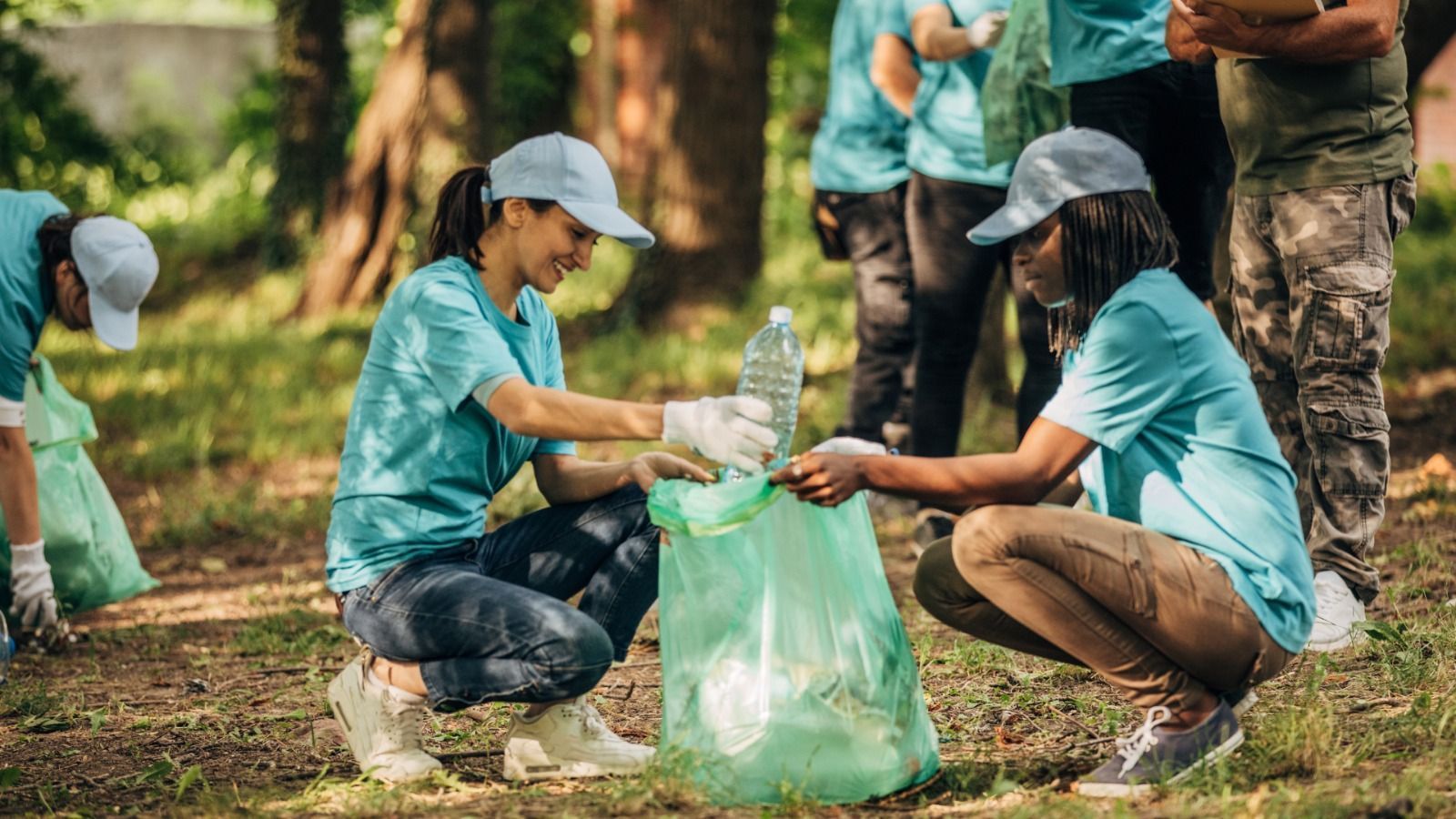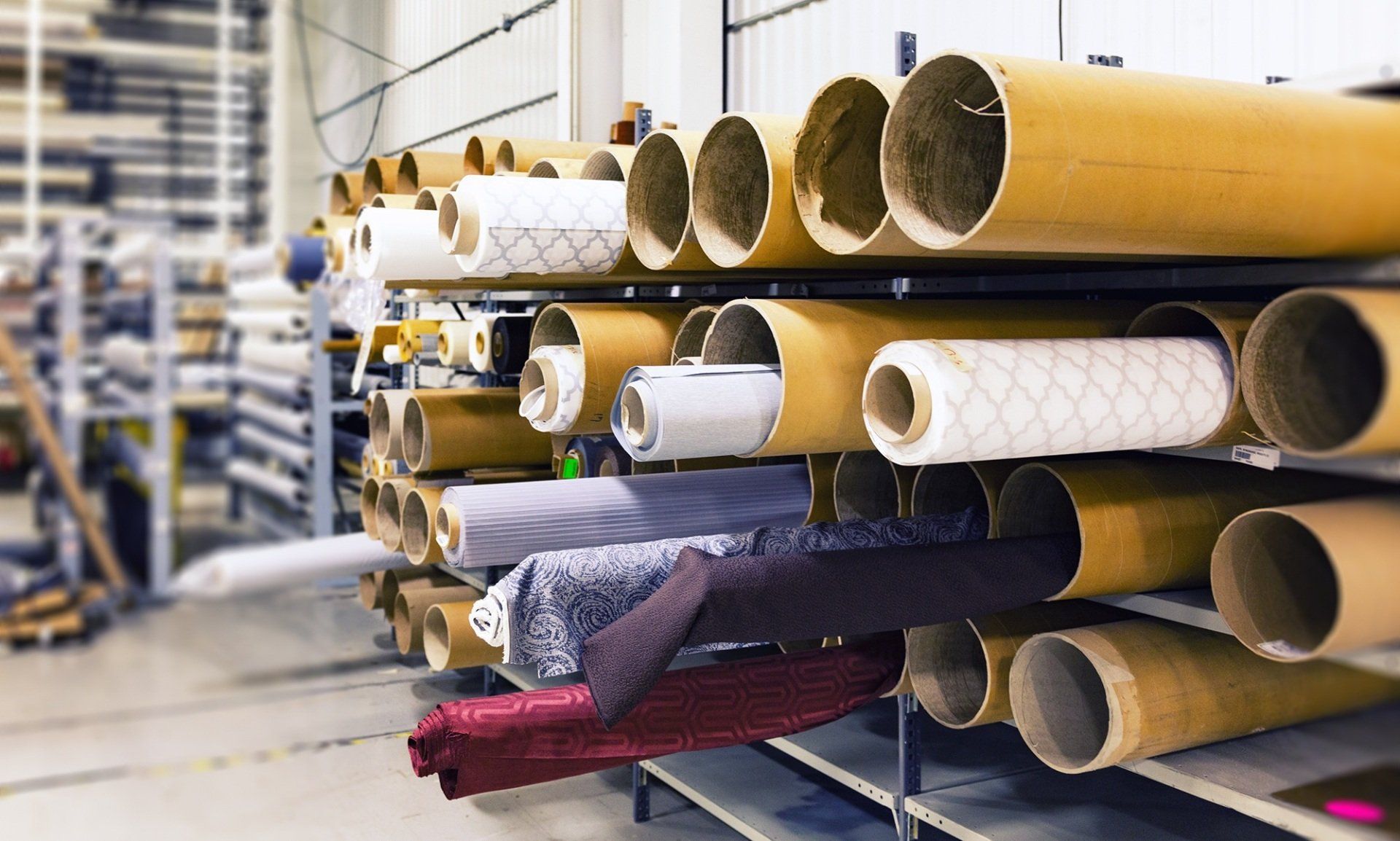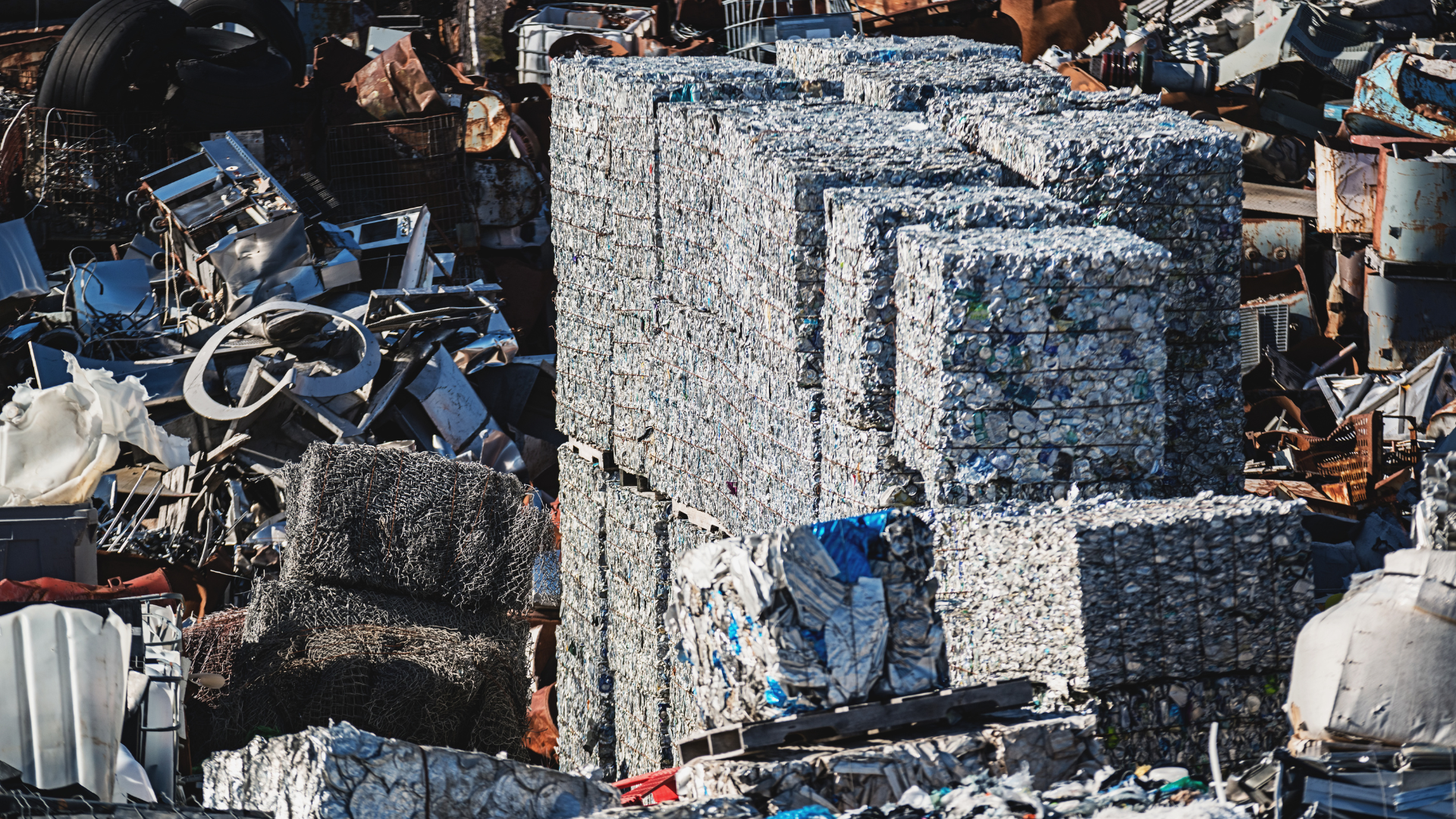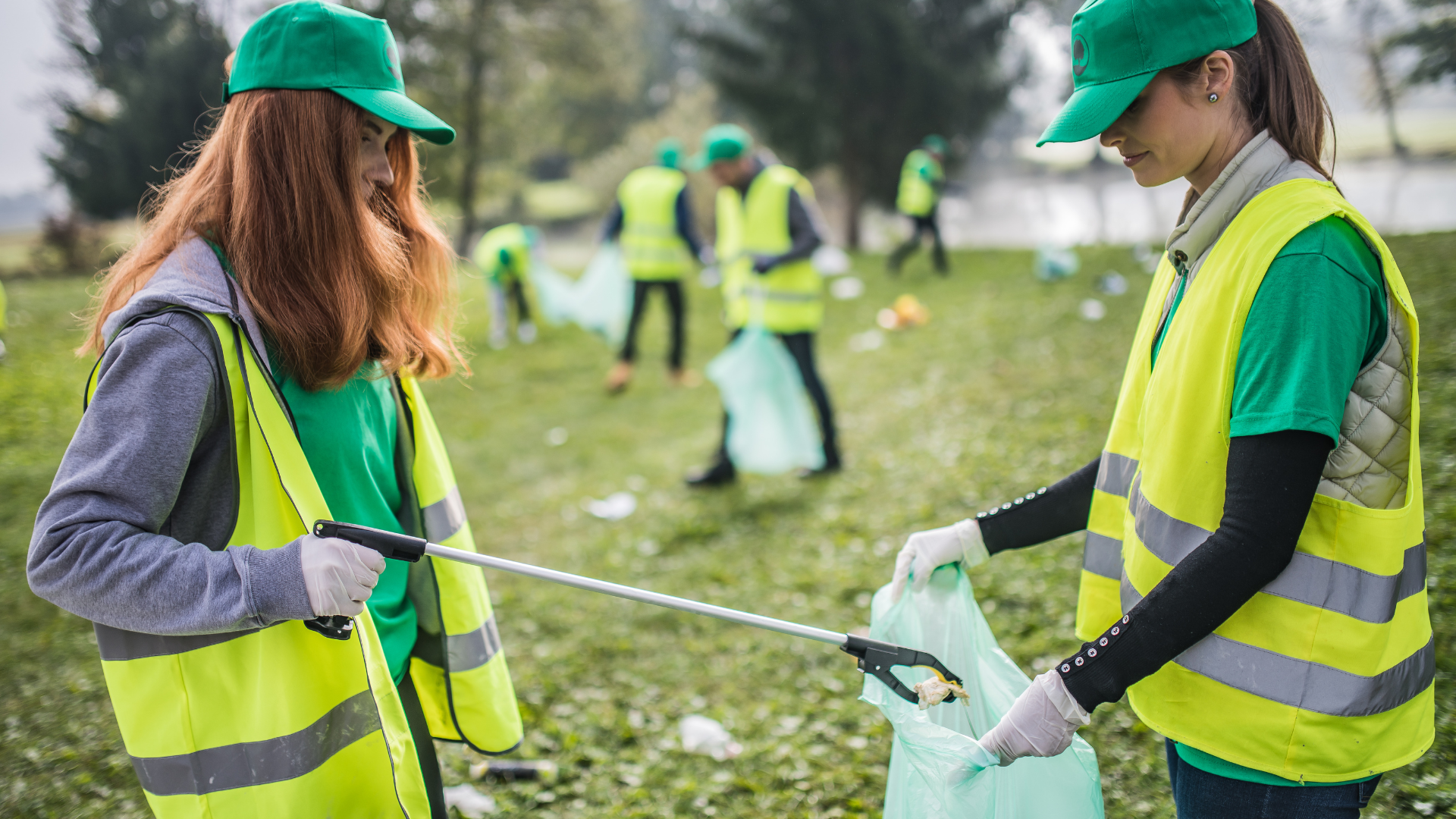9 Ways To Prevent Food And Organic Waste
Brad • July 2, 2020
Food waste is a large elephant in the room as millions of tons of food go unused in the U.S. every year and comprises one-third of all food produced around the world is wasted. According to statistics, more food reaches landfills and incinerators than any other single item. If you are thinking of ways that you or your business can help control all of this food waste it’s time to learn more about organics recycling.
What Is Organic Waste?
Simply put, organic waste is anything that was once living and while food waste covers what we eat, organic waste casts a wider net. Organic materials that may be recycled include the following items: leaf and brush, yard trimmings, grass clipping, garden residue, food scraps, and food-soiled paper products that cannot be recycled with traditional materials.
Organic waste includes :
Sadly, the majority of the organic waste items listed above end up in landfills. When organic waste is put in landfills, the bacteria that break down the waste generate methane which is a harmful greenhouse gas. When we divert organic waste that is brought to landfills, we put useful things to better use as well as reduce methane emissions.
Organic waste includes :
- Vegetables.
- Fruits.
- Bakery items.
- Meat, poultry, and seafood (including bones and shells).
- Eggs and paper egg cartons.
- Dairy products.
- Coffee grounds (including paper filters).
- Teabags.
- Food-soiled paper products.
- Landscape and pruning waste and non-hazardous wood waste.
Sadly, the majority of the organic waste items listed above end up in landfills. When organic waste is put in landfills, the bacteria that break down the waste generate methane which is a harmful greenhouse gas. When we divert organic waste that is brought to landfills, we put useful things to better use as well as reduce methane emissions.
9 Ways To Prevent Food And Organic Waste
- Reduce Amount. Reduce the volume of surplus food generated. Shop smart, do a menu plan for the week, use your leftovers, and store food correctly to reduce waste.
- Practice FIFO. FIFO stands for First In, First Out. To do this unpack groceries and move older products to the front of the fridge/freezer/pantry and put new products in the back. By utilizing FIFO you’re more likely to use up the older stuff before it expires.
- Monitor What You Throw Away . Collect organic waste and determine how much and what specifically is being thrown away. If you find you are throwing away half a loaf of bread each week, then perhaps it’s time to start freezing half that loaf the moment you buy it so it doesn’t go stale before you’re eating it.
- Split A Dish. If eating a meal out, split a dish with a friend so you don’t waste half of the giant portion sizes served at many restaurants.
- Preserve Produce. Produce doesn’t have to be thrown away just because it’s reaching the end of its peak. For example, soft fruits can be used as ingredients in smoothies and wilting vegetables can be used in soups, etc.
- Feed The Hungry. Donate any extra food to food banks, soup kitchens, and shelters.
- Feed The Animals. Divert any extra food scraps to animal feed.
- Industrial Uses. Provide waste oils for fuel conversion and send food waste to anaerobic digestion where it can be used for fuel and electricity production
- Composting. Create a nutrient-rich soil additive.
The Takeaway
Overall, the benefits of recycling organic waste before it gets to the landfill will reduce the burden on what is increasingly becoming limited space for garbage disposal. In turn, diverting organics away from landfills helps to reduce methane emissions.
TVG Waste Consulting
provides proactive environmental consulting services. We're dedicated to saving you time, money, and making sure you have a custom solution to meet your needs.
Contact us
today!
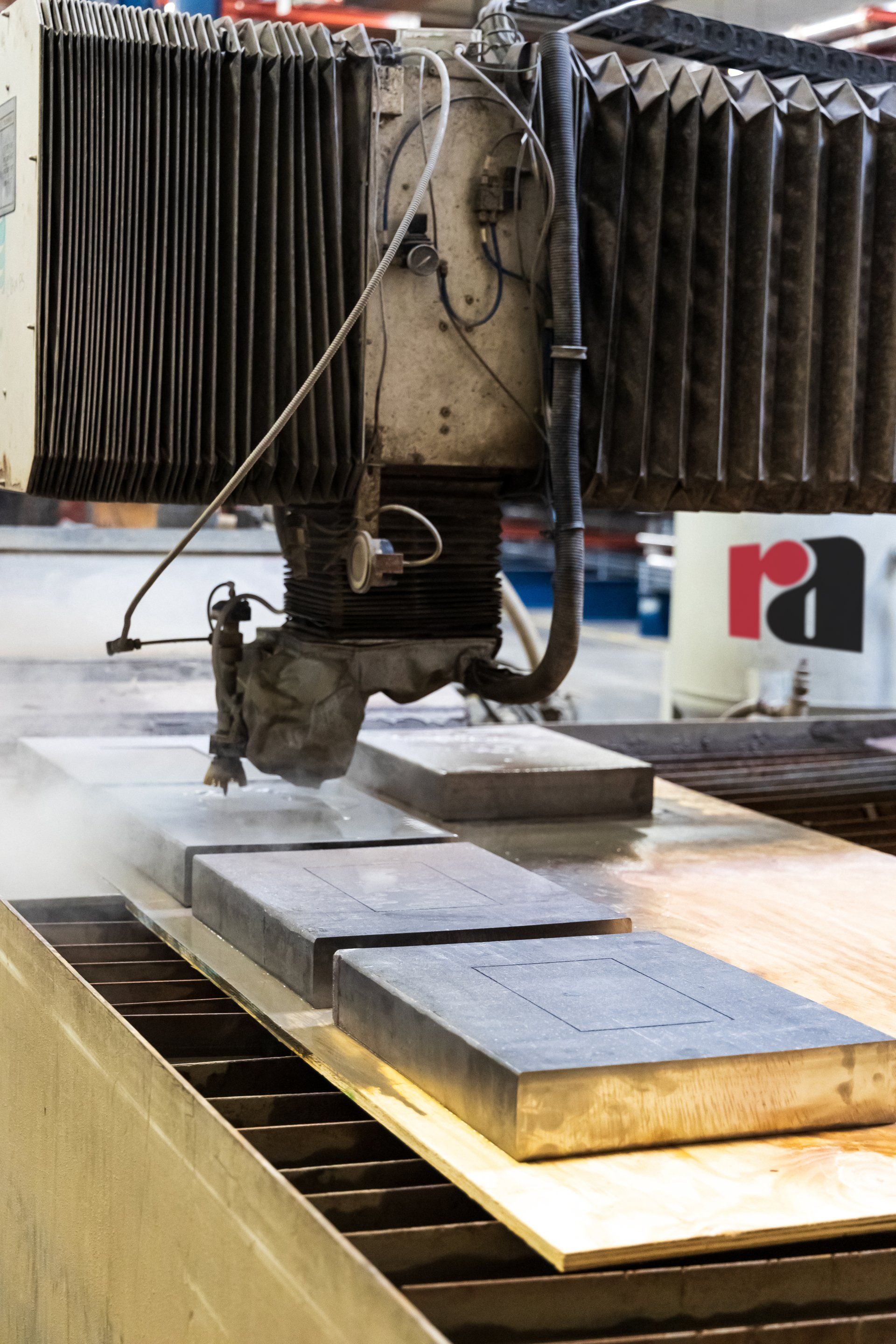
Strategizing on waste solutions goes beyond the confines of the business premises. It extends to the choice of suppliers and partners that a business collaborates with. Working with eco-friendly suppliers means that the products entering the manufacturing process are already optimized for minimal waste.
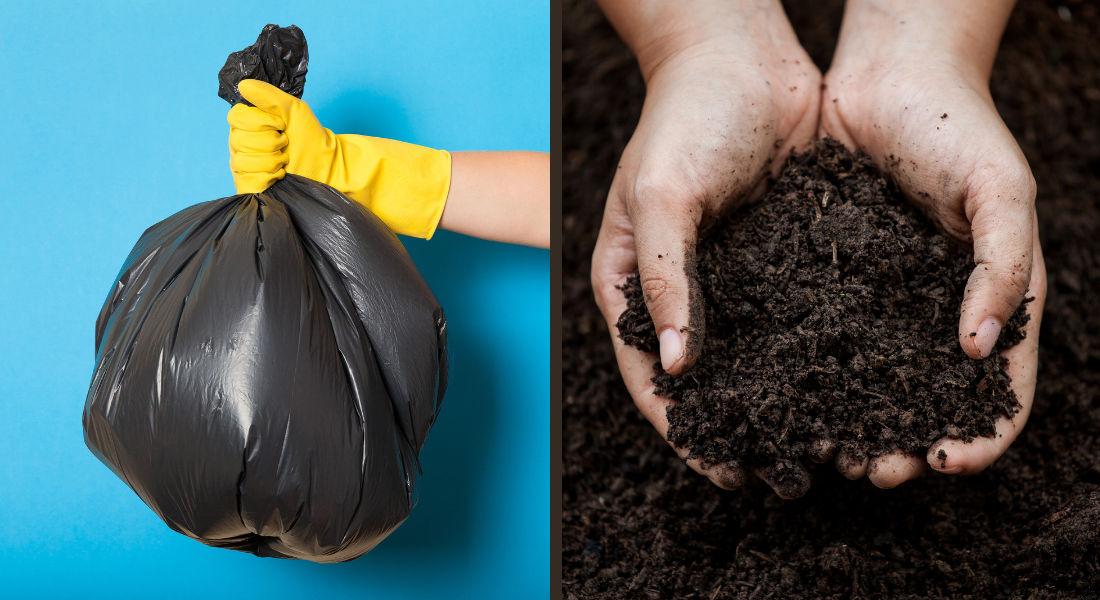
That crumpled receipt. The worn-out tennis shoes with the holes. The leftover spaghetti that's been in the fridge just a little too long. When we're ready to get rid of our waste, we toss it in the bin without a second thought. But where does our trash go after it leaves our homes? What happens to it next? The life cycle of garbage is more complex than you might think. By understanding the path our waste takes, we can make more informed choices to reduce its environmental impact.

